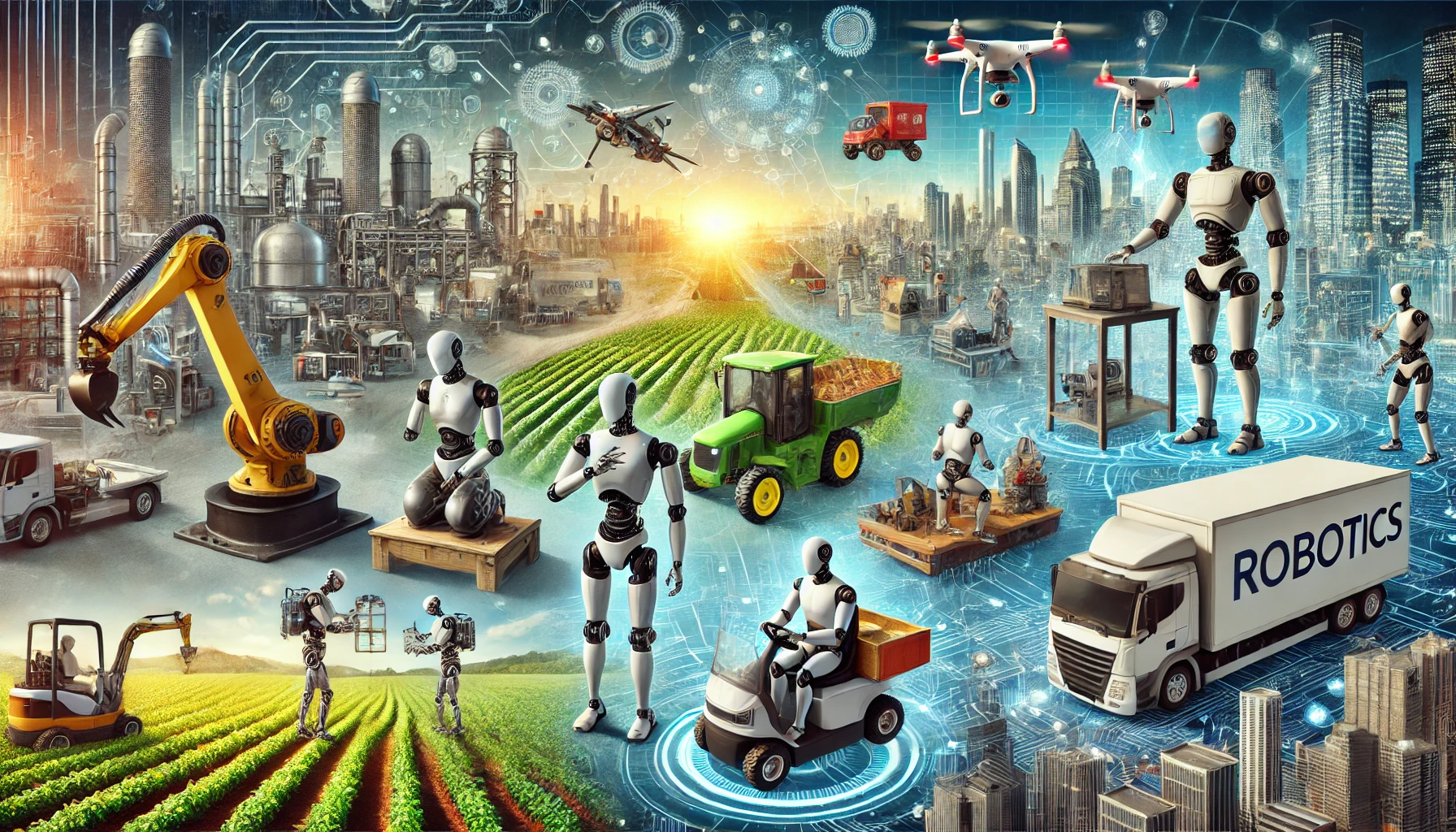The evolving landscape of robotics companies: Changing industries
Robots have gone from a futuristic dream to a tangible force that is changing industries around the world. From construction and healthcare to logistics and entertainment, robotics companies are at the forefront of innovation. Here is an insight into the availability of various robotics companies, their applications, and the trends shaping their growth.
Pioneers and innovators
The world of robotics is populated by well-established giants and dynamic start-up companies.
Global Leaders:
Boston Dynamics: Known for its Spot Atlas and other advanced four-legged humanoid robots, Boston Dynamics focuses on mobility and dexterity
ABB Robotics: A pioneer in industrial automation, ABB specializes in robotics for manufacturing, logistics, and warehousing.
iRobot: iRobot brought home robots to the general public with the development of the well-known Roomba vacuum cleaner.
Upcoming Startups:
GreyOrange: They specialize in AI-powered robotic solutions for warehouses.
Berkshire Grey: Focuses on robotics for supply chain quality, and seamlessly integrates AI and robotics.
Agility Robotics: A bipedal robot like Digit, aimed at carrying and delivering goods.
applications in industry
Robot companies do more than just one job. They have applied their technical skills in a variety of areas:
Construction:
Robotics companies have revolutionized manufacturing by bringing automation to jobs like assembly welding and painting. Collaborative robots (cobots) are designed to work with humans, increasing productivity and safety.
Surgical robots, such as those developed by Intuitive Surgical, help perform more precise and less invasive procedures. Robotics has applications in patient care, rehabilitation, and medication administration.
Shipping & Sales:
With the rise of e-commerce, robotics companies have innovated in the automation of sorting, picking and packing. Companies like Ocado and Amazon Robotics lead the charge for smart warehouses.
agriculture:
Robotics is transforming agriculture with technologies for planting, harvesting and managing crops. Startups like FarmBot and Naïo Technologies are examples of innovation in this space.
Entertainment and resources:
Robotics companies also develop consumer-focused products, from robotic pets like Sony’s Aibo to drones and educational robotics.
continuous improvement factors
Integration Design Integration:
AI enables robotics, enabling machines to learn, modify, and perform complex tasks with precision. Robotics companies rely heavily on AI for vision, decision-making, and natural language processing.
Human-robot collaboration:
The rise of cobots emphasizes collaboration rather than replacement, allowing human workers to focus on creative and decision-making tasks.
sustainability:
Robotic companies are innovating to address environmental concerns, including using robots to help with recycling, precision agriculture, and renewable energy in the field.
5G and Connectivity:
Using 5G networks, robots can operate at improved communication speeds and reliability, increasing their effectiveness in real-time applications.
Challenges and opportunities
Robot companies face challenges such as high development costs, ethical considerations, and the need for strong cybersecurity. But the opportunities are vast, from solving labor shortages to increasing productivity across industries.
The future of robotic companies
As robotics continues to evolve, its impact on jobs and everyday life will only increase. Robot companies are leading this shift, creating innovations that promise an efficient, connected, and less efficient world.
